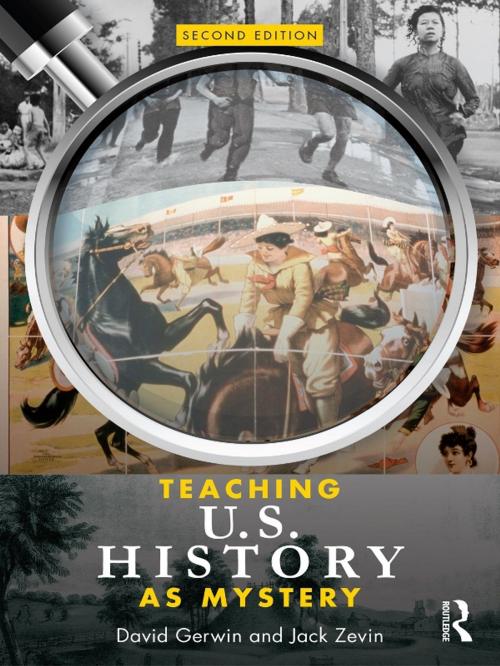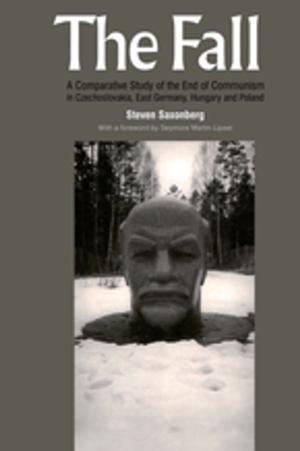Teaching U.S. History as Mystery
Nonfiction, Reference & Language, Education & Teaching, History, Teaching, Teaching Methods| Author: | David Gerwin, Jack Zevin | ISBN: | 9781135147396 |
| Publisher: | Taylor and Francis | Publication: | December 14, 2010 |
| Imprint: | Routledge | Language: | English |
| Author: | David Gerwin, Jack Zevin |
| ISBN: | 9781135147396 |
| Publisher: | Taylor and Francis |
| Publication: | December 14, 2010 |
| Imprint: | Routledge |
| Language: | English |
Presenting U.S. history as contested interpretations of compelling problems, this text offers a clear set of principles and strategies, together with case studies and "Mystery Packets" of documentary materials from key periods in American history, that teachers can use with their students to promote and sustain problem-finding and problem-solving in history and social studies classrooms. Structured to encourage new attitudes toward history as hands-on inquiry, conflicting interpretation, and myriad uncertainties, the whole point is to create a user-friendly way of teaching history "as it really is" ─ with all its problems, issues, unknowns, and value clashes. Students and teachers are invited to think anew as active participants in learning history rather than as passive sponges soaking up pre-arranged and often misrepresented people and events.
New in the Second Edition: New chapters on Moundbuilders, and the Origins of Slavery; expanded Gulf of Tonkin chapter now covering the Vietnam and Iraq wars; teaching tips in this edition draw on years of teacher experience in using mysteries in their classrooms.
Presenting U.S. history as contested interpretations of compelling problems, this text offers a clear set of principles and strategies, together with case studies and "Mystery Packets" of documentary materials from key periods in American history, that teachers can use with their students to promote and sustain problem-finding and problem-solving in history and social studies classrooms. Structured to encourage new attitudes toward history as hands-on inquiry, conflicting interpretation, and myriad uncertainties, the whole point is to create a user-friendly way of teaching history "as it really is" ─ with all its problems, issues, unknowns, and value clashes. Students and teachers are invited to think anew as active participants in learning history rather than as passive sponges soaking up pre-arranged and often misrepresented people and events.
New in the Second Edition: New chapters on Moundbuilders, and the Origins of Slavery; expanded Gulf of Tonkin chapter now covering the Vietnam and Iraq wars; teaching tips in this edition draw on years of teacher experience in using mysteries in their classrooms.















